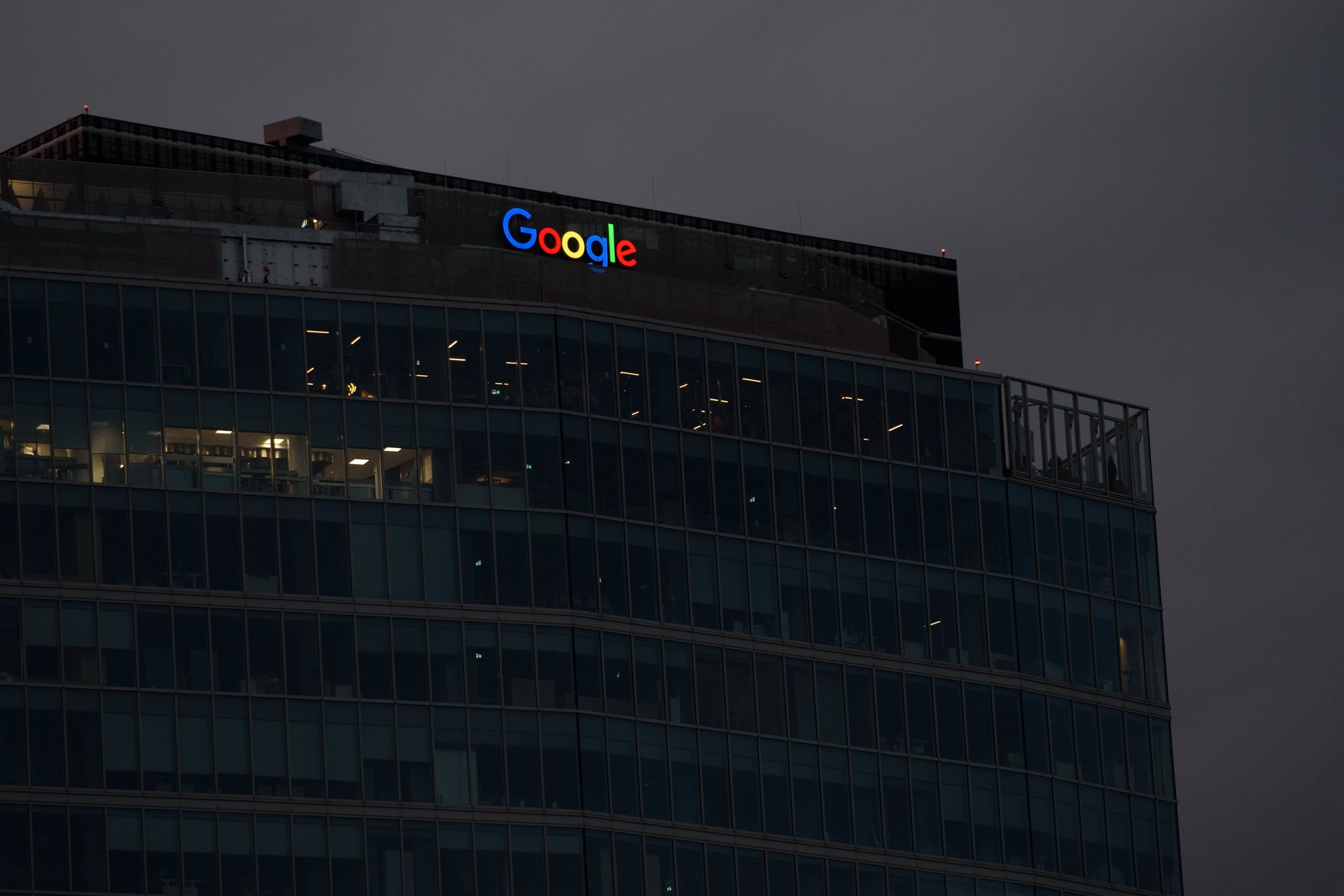Google's antitrust loss puts a quarter of its search revenue at stake
A federal judge said Google's search engine deals violated antitrust laws. Those deals are big moneymakers

Google on Monday lost the biggest tech antitrust lawsuit since the late 90s. The federal judge Amit Mehta said in his 277-page ruling that Google is a monopolist, and that it broke U.S. antitrust laws in its quest to dominate the search engine market. That has major implications for Google’s business, potentially putting 15% of parent company Alphabet’s revenue on the chopping block.
Suggested Reading
Google’s search engine is the core of its business. Google Search made up more than half of Google’s total revenue during the second quarter. Search revenue totaled $48.5 billion; total revenue hit $84.7 billion — a 14% increase from last year, which CEO Sundar Pichai attributed mainly to the growth of Google’s search engine. In 2020, nearly 90% of all search queries went through Google. Google dominates search, and Search dominates Google.
Related Content
But now a sizable chunk of Google’s Search revenue is at stake. The main way Google maintains its crown as search market king is through distribution agreements with web browser developers (i.e. Apple), smartphone manufacturers running on Android’s platform (i.e. Samsung), and cell service providers (i.e. Verizon). Google pays these companies to be their default search engine. For example, Google paid Apple $20 billion in 2022 to be the default Safari search tool on its iPhones and other devices.
“Notwithstanding the option to switch, the default remains the primary search access point,” Mehta said in his ruling. “Roughly 50% of all general search queries in the United States flow through a search access point covered by one of the challenged contracts.” And nearly one third of queries come from Apple devices on which Google is the default.
J.P. Morgan analyst Doug Anmuth said following the ruling that contracts contested by the courts represent up to 25% of Google Search’s revenue — which equates to about 15% of Alphabet’s total sales. If Google is barred from making distribution agreements like its deal with Apple in the future, that revenue would be put at stake.
That would take time, though. The Department of Justice has yet to offer a remedy for Google’s actions, and analysts expect that proceedings to determine those remedies will occur in the next several months.
Several scenarios could play out. The DOJ could ban Google’s distribution agreements, or it could simply impose a monetary penalty on the company. And even if those distribution agreements are banned, users would still likely choose Google Search, Wedbush analyst Dan Ives said in a note to investors late Monday night.
“It may take several quarters and possibly years for a final outcome to be reached, and we do not expect any disruption to Google’s near-term operations as a result of this ruling,” wrote Wedbush analyst Dan Ives in a note to investors late Monday night. Google’s deal with Apple will be permitted through 2026 at least, the court has said previously
If or when such deals are barred, and if Google loses more than 5% of search revenue as a result, Wall Street would get concerned, Anmuth said in a previous research note. And that could impact its stock price.
Google’s stock price was relatively unchanged following Mehta’s ruling. Anmuth said that’s likely because Google shares already suffered after the company reported second quarter earnings. Investors reacted poorly to hefty AI expenditures and weak YouTube ad sales.
